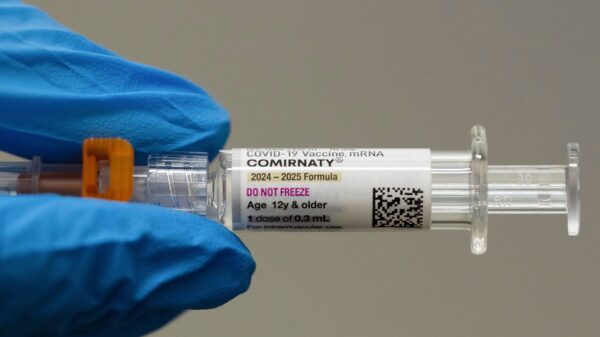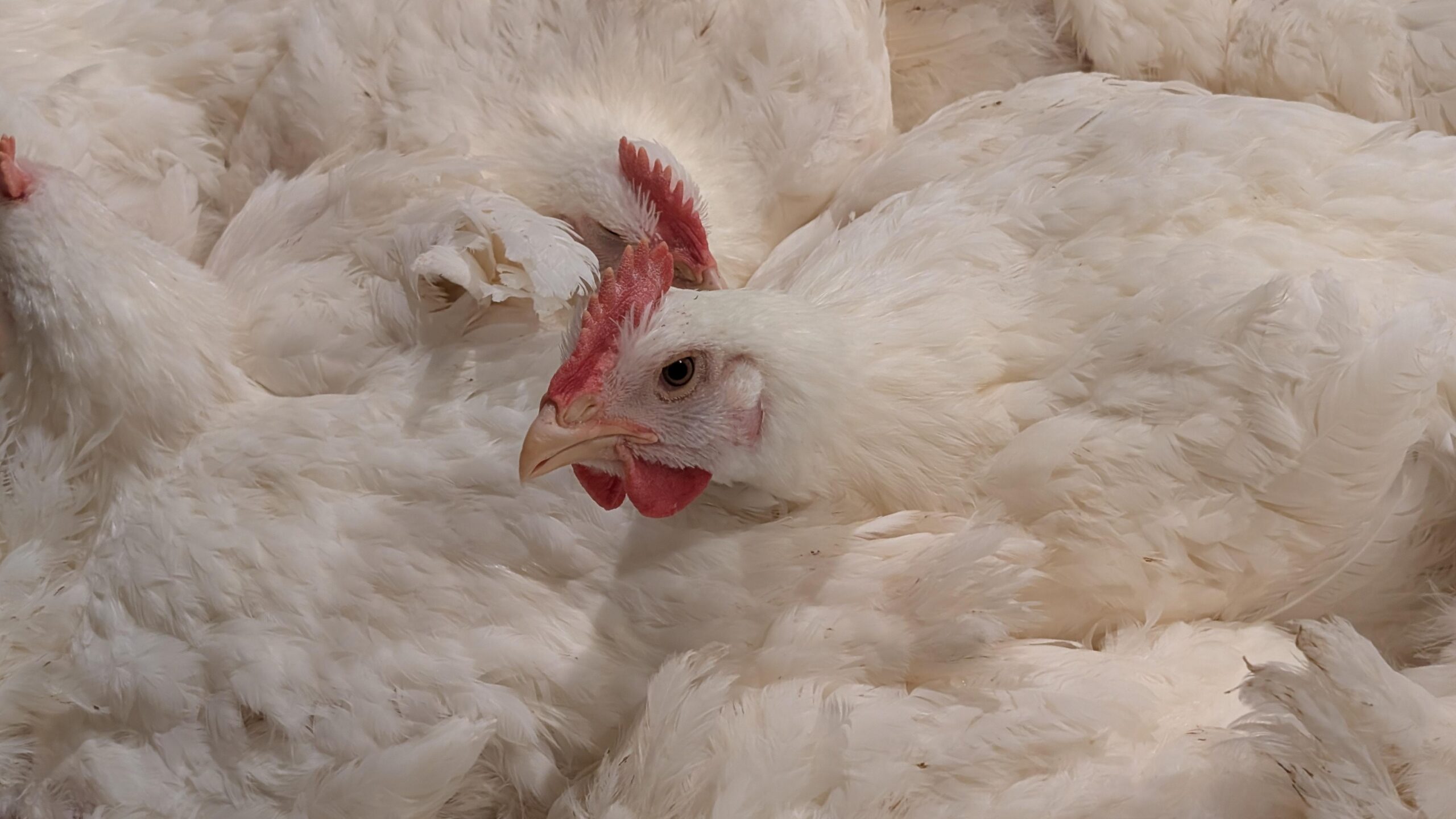The Georgia Tech Research Institute (GTRI) has announced the development of two groundbreaking technologies aimed at improving climate and moisture control within poultry houses. These innovations promise to enhance the health of poultry flocks while simultaneously reducing operational costs for farmers.
GTRI’s initiatives are particularly significant given the challenges that climate control presents in poultry farming. High humidity levels and temperature fluctuations can lead to various health issues in birds, which may ultimately affect productivity. By addressing these critical factors, GTRI aims to support farmers in maintaining optimal conditions for their livestock.
One of the technologies focuses on real-time climate monitoring, allowing farmers to adjust environmental conditions proactively. This system utilizes advanced sensors to gather data on temperature and humidity levels, transmitting this information to a user-friendly interface. This enables farmers to make informed decisions regarding ventilation and heating, ensuring that the poultry houses remain conducive to healthy growth.
The second technology targets moisture control specifically. Excessive moisture can create a breeding ground for pathogens, which can lead to disease outbreaks among flocks. By implementing a more effective moisture management system, GTRI’s technology aims to drastically reduce the incidence of such health issues, promoting a more resilient poultry population.
GTRI’s research and development efforts are expected to yield substantial benefits for the poultry industry. According to industry estimates, improved climate and moisture management could lead to a reduction in production costs by as much as 20%. This cost efficiency could be critical for farmers, especially in an era marked by rising operational expenses.
The importance of these innovations extends beyond mere economics; they also contribute to a more sustainable approach to poultry farming. Healthier birds are less reliant on antibiotics, which can reduce the risk of antibiotic resistance. This aligns with growing consumer demand for ethically raised poultry products.
The advancements are being developed in Georgia, USA, where the poultry industry plays a vital role in the local economy. As GTRI continues to refine these technologies, the potential for widespread adoption across the poultry sector appears promising.
In conclusion, GTRI’s commitment to developing climate and moisture control technologies represents a significant step forward for the poultry industry. By fostering healthier flocks and reducing costs for farmers, these innovations have the potential to transform poultry operations globally. As the research progresses, stakeholders will be keen to observe the tangible impacts on both productivity and animal welfare.





































































